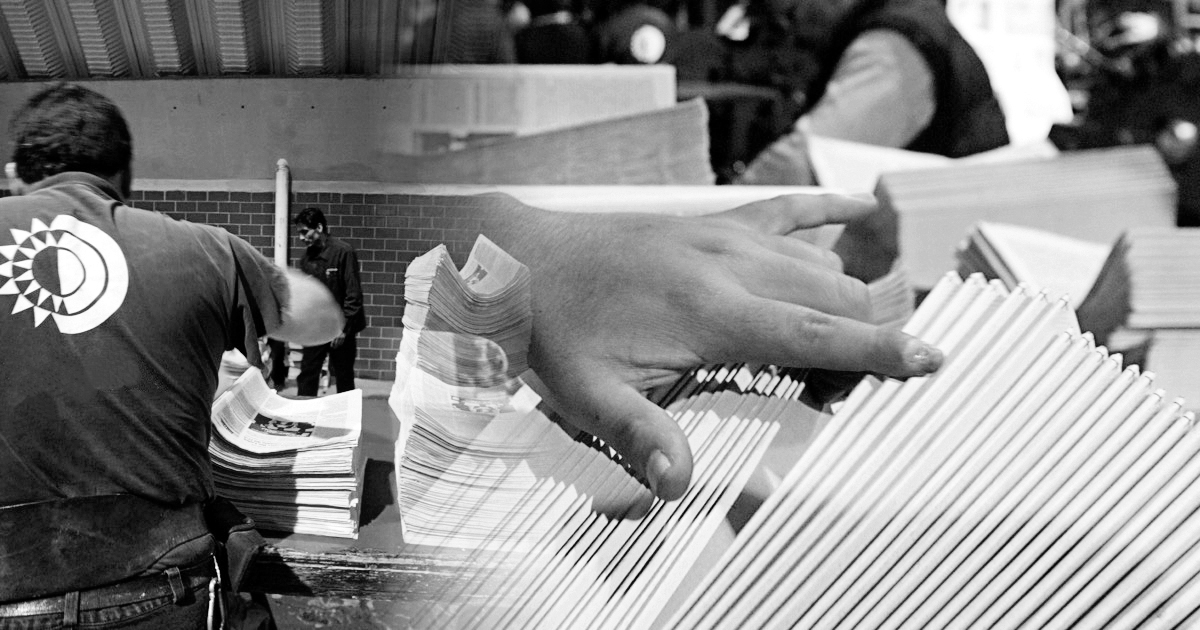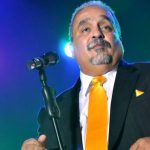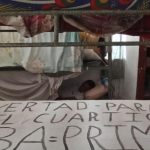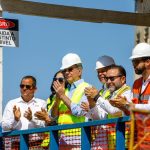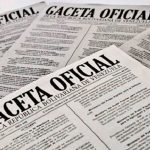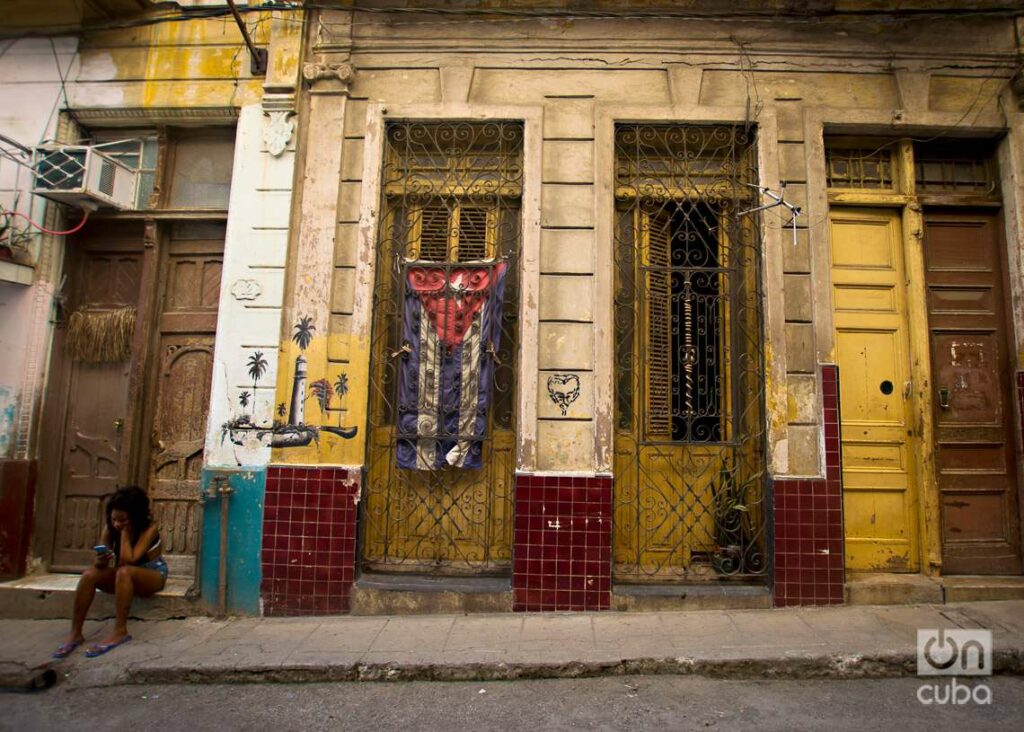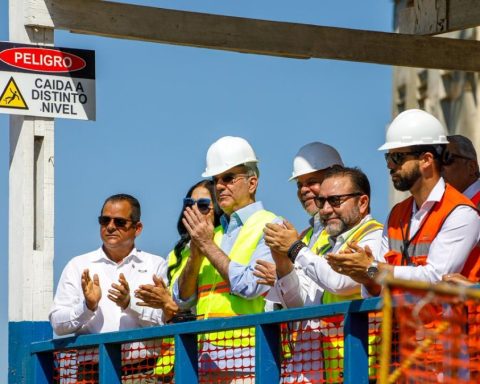Carlos F. Chamorro*
D.
Daniel Ortega celebrated 16 years in power on January 10: first, heading an authoritarian regime (2007-2017); later, as a bloody family dictatorship (2018-2020), and the last two years (2021-2022), as a totalitarian dictatorship. In the 20th century, during the decade of the Sandinista revolution, Ortega ruled as coordinator of the National Reconstruction Governing Board (1979-1984) and as president of the revolutionary government (1985-1990).
Ortega has controlled the Executive, the army and the police, for 27 years in his two stages as ruler. His longevity in power surpassed the almost 17 years of Anastasio Somoza (1937-1947 and 1950-1956), and he now tries to perpetuate himself in power through a dynastic succession. However, despite the fact that Rosario Murillo, his wife, is placed in the line of constitutional succession as vice president, the succession of the family regime, a source of fissures, tensions and contradictions, is one of the weakest links of the dictatorship.
Unlike the regimes in Cuba and Venezuela, which are based on an authoritarian political project of the State-party, and which managed to transfer power from Fidel Castro to Raúl Castro and Miguel Díaz-Canel in Cuba, and from Hugo Chávez to Nicolás Maduro In Venezuela, that of Ortega and Murillo is a family dictatorship, an anachronism in the 21st century, which without appealing to a political project or an ideology, depends more and more on repression, the cult of the personality of the commander and companion
and his hate speech and revenge.
Most Latin American and European governments, especially the democratic left, have noted a distinction between the Ortega-Murillo regime and those of Cuba and Venezuela. The first is seen as a bandit regime, condemned by the OAS and the UN for massive violations of human rights. The latter are questioned for restricting freedoms and democracy, but they appeal to a sort of political rationality and reasons of State to promote a negotiation strategy, because unlike Ortega, they do have something to offer the international community.
In Nicaragua, the expectation of a democratic transition failed in the two national dialogues (2018 and 2019) when Ortega refused to negotiate an electoral reform with the Civic Alliance, and breached the agreement to suspend the police state. In 2021 he liquidated the last chance for a transition, when he jailed the seven opposition presidential candidates, outlawed two political parties and annulled the elections. What remains now is all or nothing, the imposition by force of Rosario Murillo’s dynastic succession project to further radicalize the repression, or the fall of the regime as a consequence of its wear, its internal fissures, the impact of pressure international politics, the resistance of political prisoners.
Murillo invokes a bureaucratic leadership that for many, in his own circle of power, amounts to an imposture. An omnipotent commander who generates loyalty based on fear of his subordinates and fear of revenge against his countless adversaries.
Ortega and Murillo can prolong their stay in power as long as they have economic stability and the resources to maintain the prebendary channels of political control, and of course the loyalty and technology to direct the repressive apparatus – police, army, espionage, paramilitaries, prosecutors and courts. of justice – but, in the medium term, the system tends to run out of steam as its base of political support dwindles.
In 2022, when there were apparently no more enemies
In sight, with all the political and civic leadership in jail, including priests of the Catholic Church, a new suspect emerged: distrust in public servants, civilians and the military. After a wave of leaks about corruption, defections and resignations, top officials have been placed under extreme surveillance by the presidential couple. As a result of this, some former officials are imprisoned, accused of corruption or alleged crimes of conspiracy
.
The corruption and the struggle between the political operators of Ortega and Murillo for the robbery at the top has no cure, because the root of the moral degradation of the State is in the confusion of the public and the private that personalizes the ruling couple.
The resistance of Monsignor Rolando Álvarez and the political prisoners had a decisive impact on the crisis of succession to the dictatorship. They represent the hope of a democratic change. The Bishop of Matagalpa is accused of the alleged crime of conspiracy against national sovereignty
, because he did not accept the exile that the regime offered him. With his dignity intact, he challenges the dictatorship and appeals to the Vatican and the international community to stop the persecution against the Church.
In the El Chipote prison, after several hunger strikes and 85 days of total solitary confinement, the three family visits to the prisoners carried out in December, for the first time in an atmosphere of respect, reveal that the regime partially yielded. However, he still maintains solitary confinement against Dora María Téllez, the reading and writing ban for political prisoners, and administers the right to a visit as blackmail. His intention is to silence the demands of the relatives of the political prisoners, while he sets himself up as a judge and offers life imprisonment against the prisoners of conscience who are imprisoned for demanding free elections. Instead, the national demand, which must be assumed with more force by human rights defenders and the international community, continues to be the annulment of the spurious trials and the freedom of political prisoners in Nicaragua.
The resistance of Monsignor Álvarez and the political prisoners, the succession crisis of the family regime, and the malaise of senior public officials, are the weakest links of the dictatorship, although they are still not enough to activate a political solution. To make the possibilities of change viable, sustained international political pressure is imperative.
* Nicaraguan journalist
